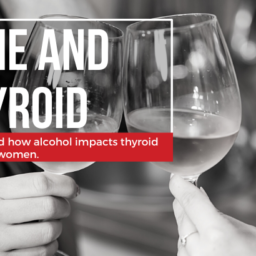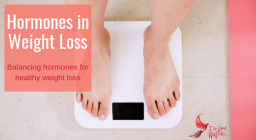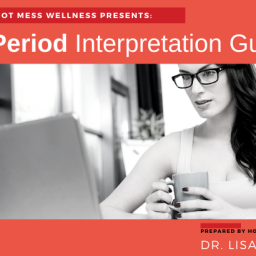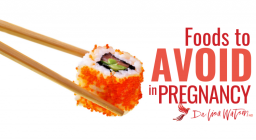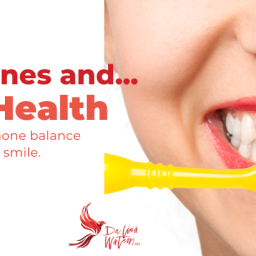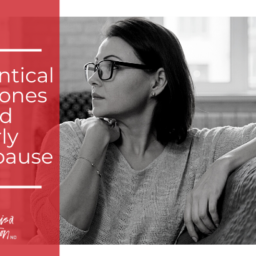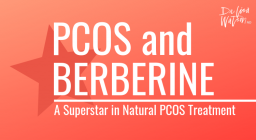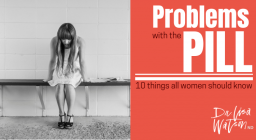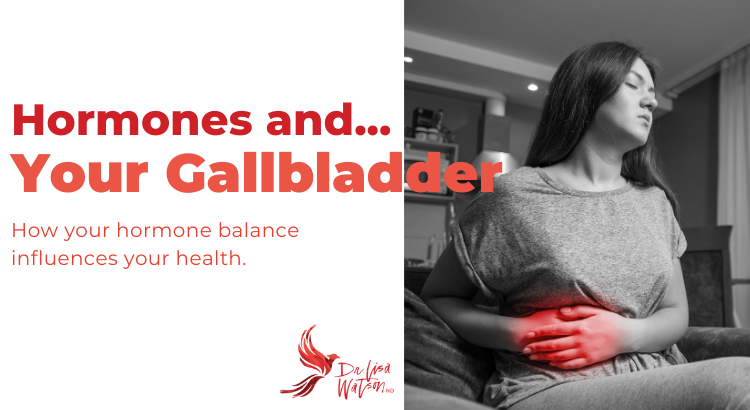
Welcome to the first in a series of articles I’m calling “Hormones And…”
In these articles I’ll be discussing the role of hormones in things you may not have realized hormones have a role in. But for real, hormones influence EVERYTHING. That is literally what hormones do – they tell our body to do something. Now whether they use their powers for good or evil is the key to whether we are in a state of hormone harmony, or hormone chaos.
Meet Your Gallbladder
Your gallbladder is a small pear-shaped organ (about the size of a thumb) located on the right side of your abdomen, tucked just behind your rib cage and cuddled up next to your liver.
The main roll of the gallbladder is to hold the liver’s purse while it’s shopping.
Or not quite, but kind of.
It actually stores bile that is made by the liver, so that it can be released when we are eating, to help us digest our food. Bile helps us counteract the acid from our stomach, so that our enzymes can efficiently breakdown our food into nutrients we can absorb. It also acts as an emulsifier, breaking up fat into tiny droplets that our enzymes can deal with more easily. And if that wasn’t enough, bile also helps to carry out toxins and waste products that the body doesn’t need (or want!)
Hormones and Your Gallbladder
Our liver makes bile under the influence of a hormone, somastatin, combined with other factors such as the quantity and quality of the food we eat.
But that’s not really the hormone we’re interested in. We are more interested in how our female hormones, like estrogen and progesterone, influence our gallbladder health.
Gallbladder disease is the most common digestive disease in North America, and it is twice as likely to happen in women than in men. So what gives? Why are women more likely to suffer this ridiculously painful condition than men?
Of course. It’s our hormones.
Estrogen influences our gallbladder by increasing the absorption of cholesterol in the bile. Now this can have positive impacts on our cholesterol levels. But all that cholesterol can really gum up the gallbladder and lead to something called biliary sludge, a precursor to the formation of gallstones.
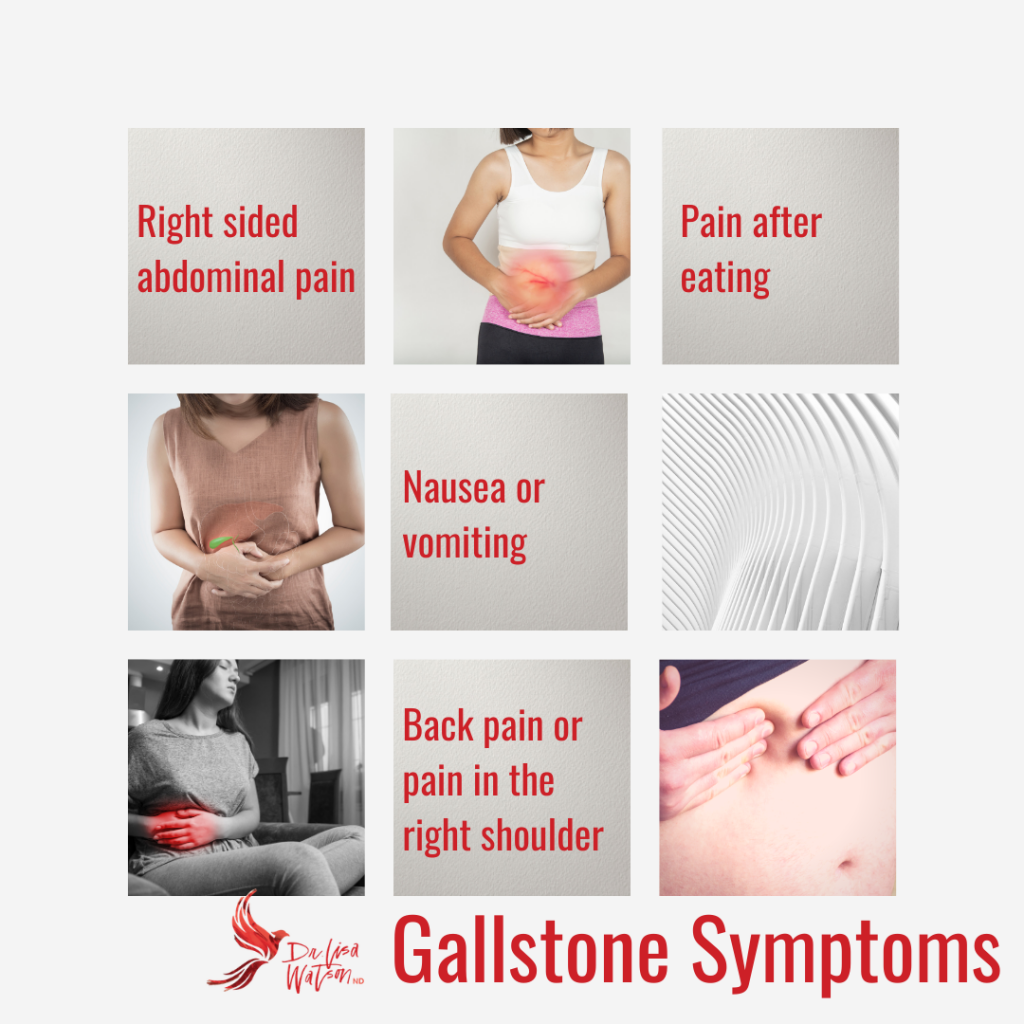
Exposure to high estrogen is a significant risk factor for developing gallstones. So women are a higher risk, but especially women who are pregnant, on the pill, using estrogen hormone replacement therapy, or who are overweight.
Yes. Overweight is a big risk factor. Mainly because estrogen is produced in fat cells (as well as in our ovaries.) But losing weight also increases the risk, especially rapid weight loss. This is usually an issue with low-calorie diets interfering with bile production, leading to more density of cholesterol in the bile, leading to more gallstones.
And let’s not let estrogen take all the blame. Progesterone, our other main female hormone, also has a roll to play. Progesterone can slow down the emptying of the gallbladder, keeping that sludge moving slowly and gumming up the works.
So What’s a Woman to Do?
I’ve got a great article on the diet for gallstones, so I suggest checking that out. But some solid suggestions for supporting your gallbladder health are:
Eat lots of fiber
Fiber helps to reduce absorption of cholesterol in the intestines, as well as reducing cholesterol production by the body – all of which contributes to less cholesterol in the bile, and less gallstones forming. Fiber is also essential for helping your body eliminate estrogen, so really – win-win.
Cut refined sugar and excess dietary starches
Our body makes cholesterol not from fat, but from carbohydrates (this fascinating process is called liponeogenesis – or “make new fat.”) So cutting back on the carbs and kicking your sugar addiction is not just great for your overall health, but great for your gallbladder as well.
Balance your estrogen
If you’ve got signs of estrogen dominance, it’s time to get that balanced. Estrogen dominance is the most common hormonal imbalance for women in their 40s – is it any coincidence this is the age where women are most likely to develop gallbladder symptoms? I’ve got tips here on how to balance overloaded estrogen.
A Final Thought
Emerging research suggests that having your gallbladder removed can increase your risk of high cholesterol later in life. Kind of makes sense when you think about it. You need bile to bind to cholesterol and help your body eliminate it. So slowing down that ability by removing your healthy reservoir for bile can make it more challenging for your body to control cholesterol levels. If you’ve had your gallbladder removed, maybe we should talk about supporting your cholesterol down the road.
Let’s Talk
Join me as we explore this series of Hormones And… articles. If you’ve got an idea, don’t hesitate to drop me a message on Facebook and I can answer your burning question. If you’d like to work together, let’s do that!
x
Lisa
Selected References:
Yongsheng C, Shuodong W and Yu T. Cholecystectomy as a risk factor of metabolic syndrome: from epidemiologic clues to biochemical mechanisms. Laboratory Investigation (2018) 98, 7–14



